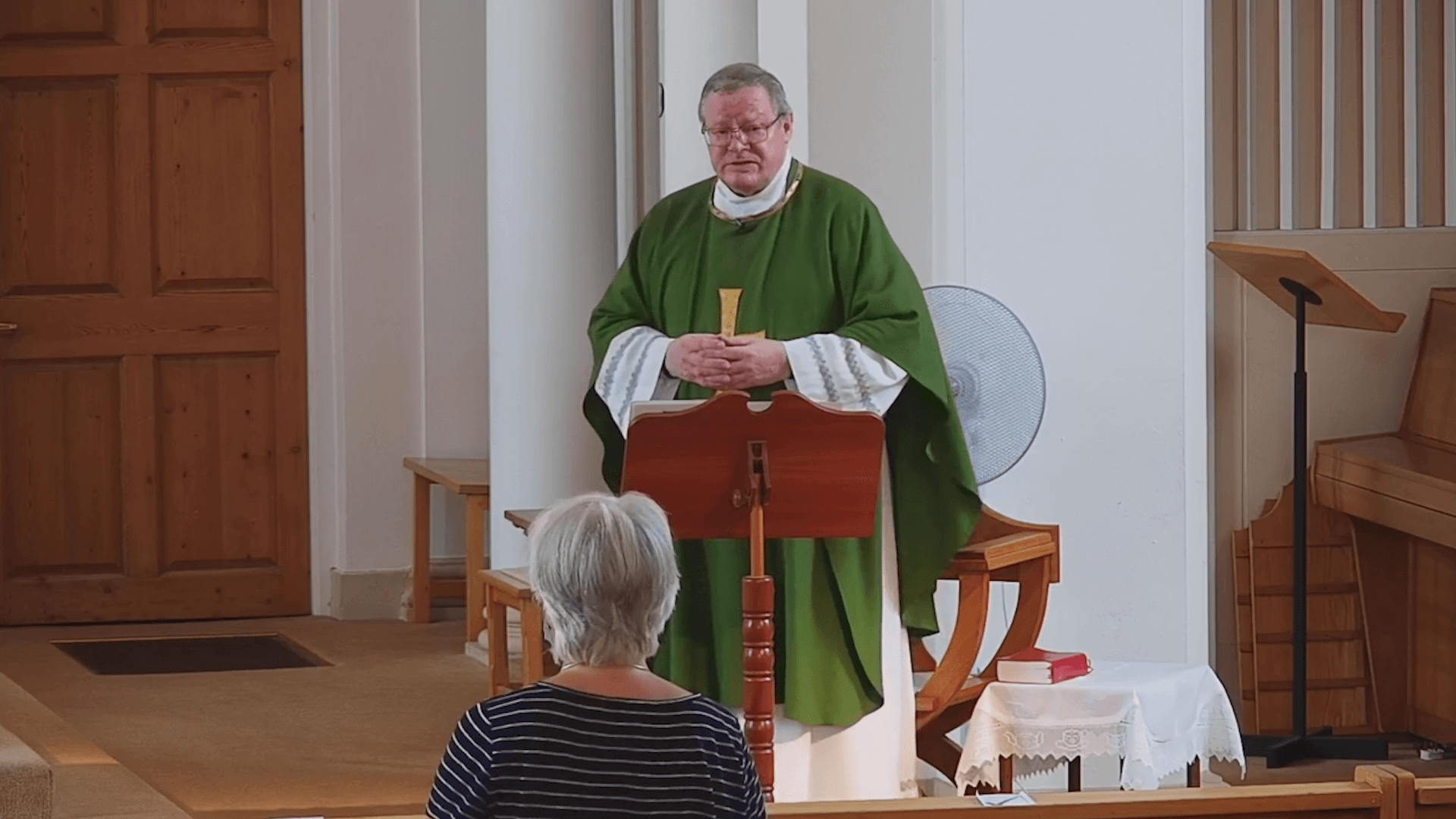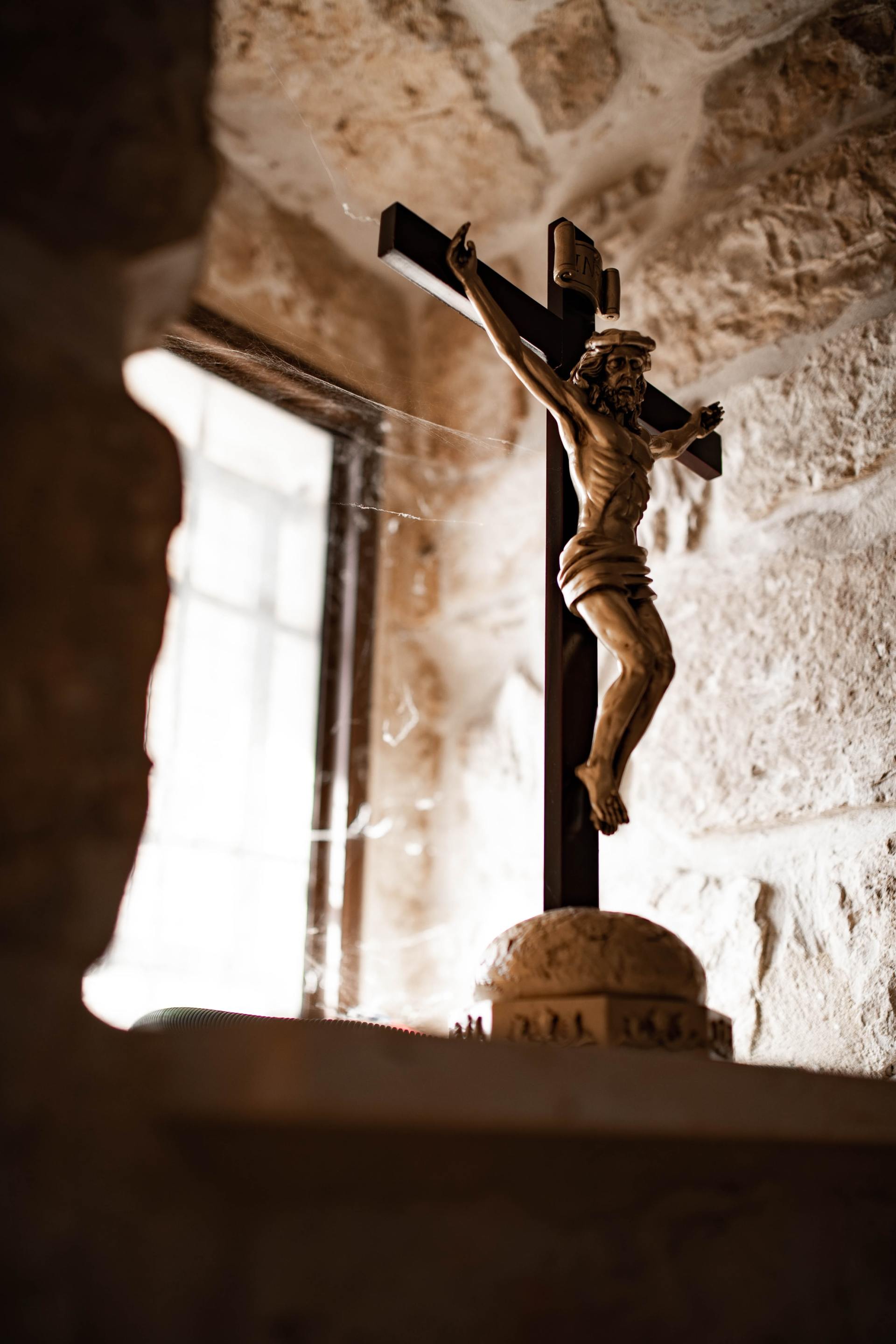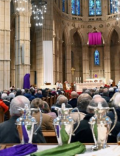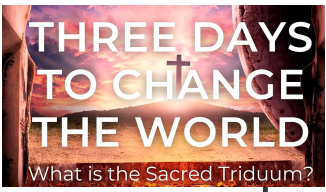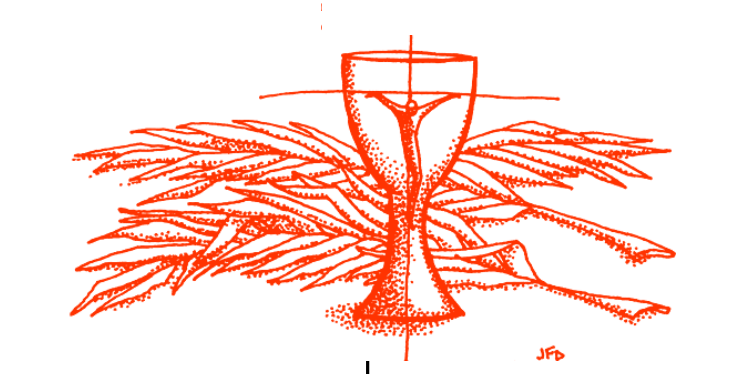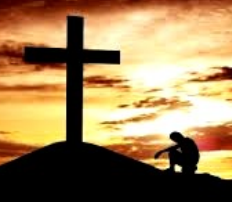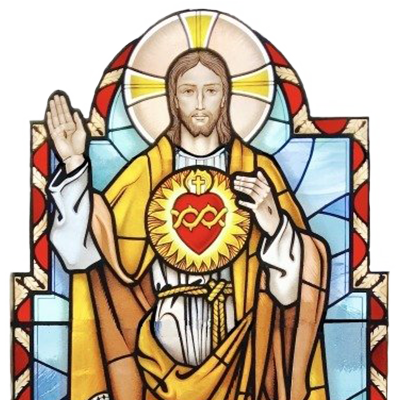29th August 2021
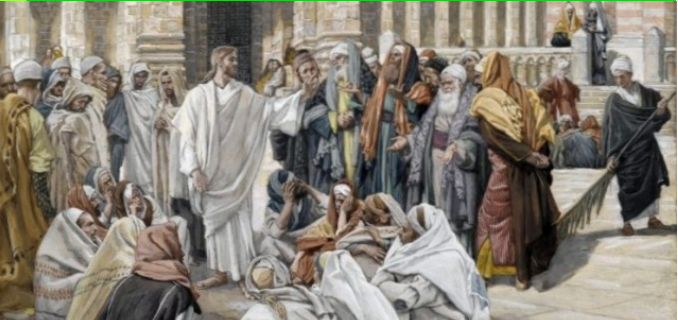
Our Gospel this weekend proclaims an encounter of Jesus with some of his opponents, named as “Pharisees with some scribes who had come from Jerusalem.” Jerusalem was the centre of formal opposition to Jesus by those who were fearful of the loss of personal power, overly concerned with the externals of religious appearances, or devoted to censorious inquiry into minor deviations from the established ways of doing religious things while ignoring more serious matters. In this sense, every religious group, in the present as well as the past, has those who “come from Jerusalem” - selfappointed custodians of the orthodox faith.
Traditions are necessary for the identity of any group, both secular (think of sports teams!) and religious. As the author Eugene La Verdiere writes: “Traditions are tenacious and important, but they are not absolute, and their value can be questioned. Traditions spring from a particular history. They nourish a community’s ideals and they in turn were nourished by those ideals. When a life context that inspired a set of traditions dies or is drastically altered, traditions it once sustained become lifeless and meaningless. That does not mean that they are immediately abandoned” (The beginning of the Gospel).
The life context of the early Markan church was being drastically altered by the numbers of Gentiles who were entering into the Christian community. Tension inevitably arose between these new converts and the Christians whose faith had been nourished in the rich soil of Judaism. Many of the latter felt that the traditions they held dear, and that were reconcilable with following Jesus, had been carelessly trampled down or uprooted by the Gentile Christians to whom such traditions meant little or nothing.
On the other hand, the Gentile Christians felt coerced by what, to them, were meaningless laws and rituals. To reconcile both groups in baptismal freedom and love was an ongoing challenge for community leaders. The “tradition of the elders,” rightly understood, were not an attempt to bury the commands of God under suffocating trivia, but rather to aerate the whole of Jewish life with mindfulness of the people’s identity and responsibilities as God’s people. For the sake of the non-Jewish readers, Mark enumerates some of the traditional rituals of washing that are observed.
